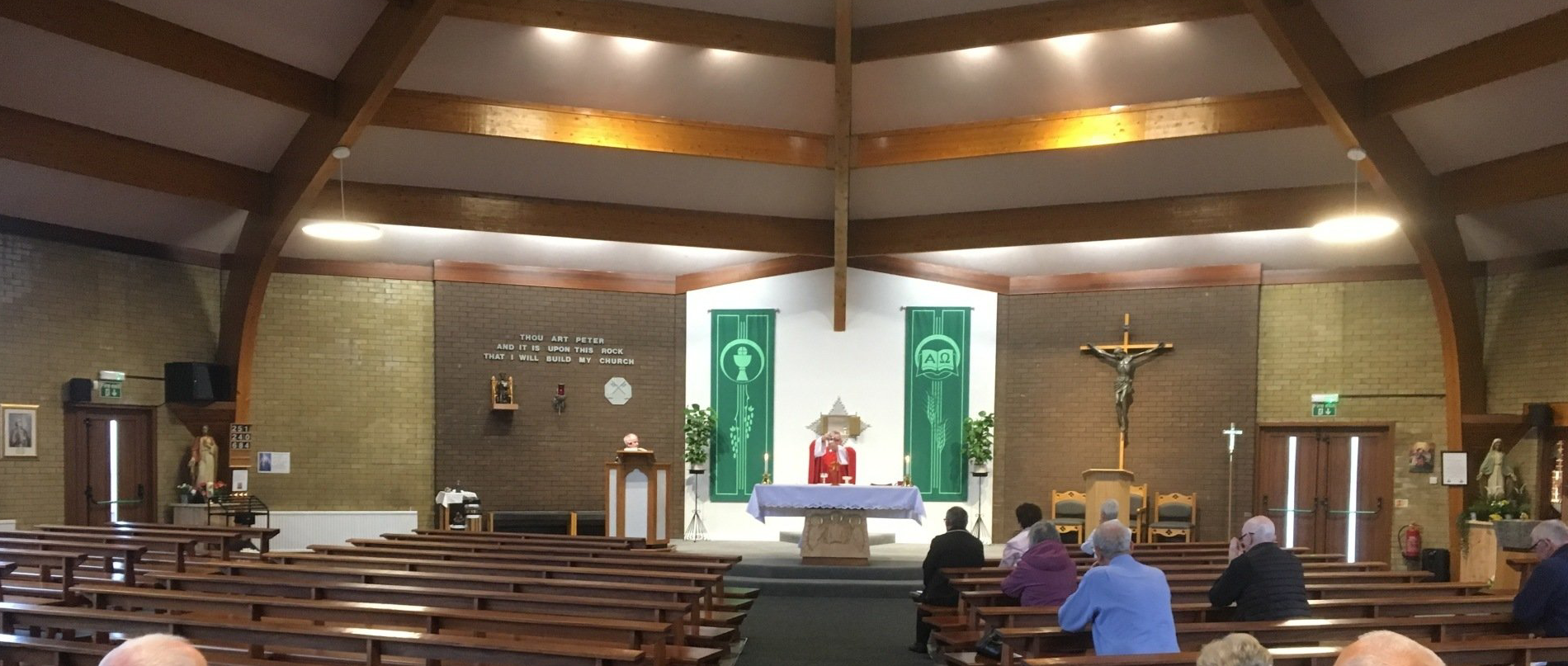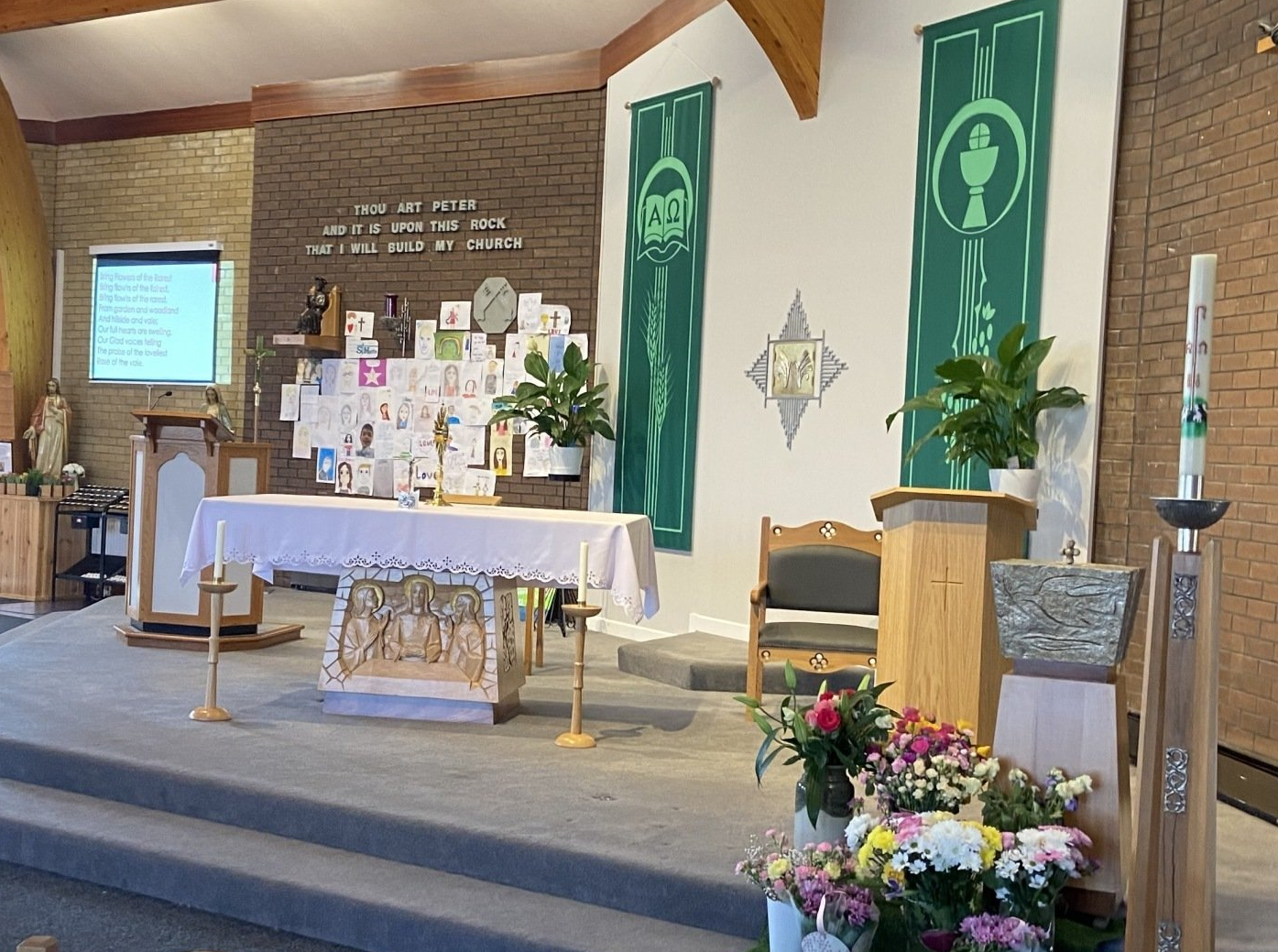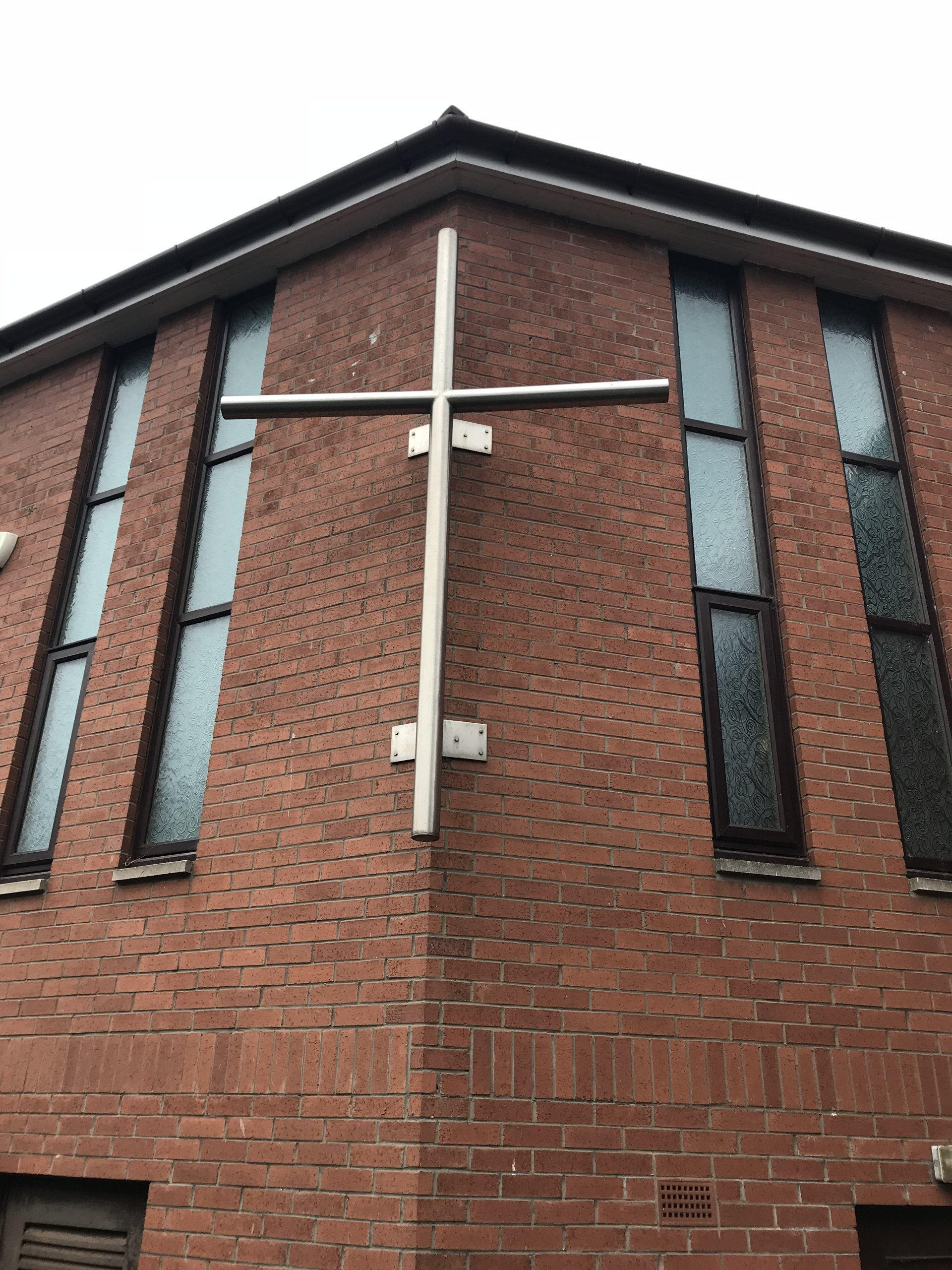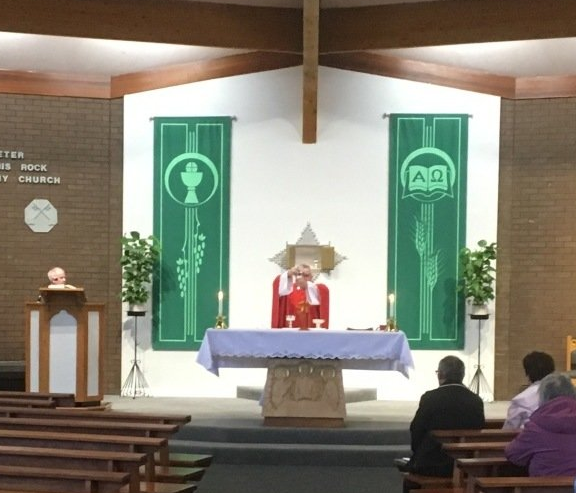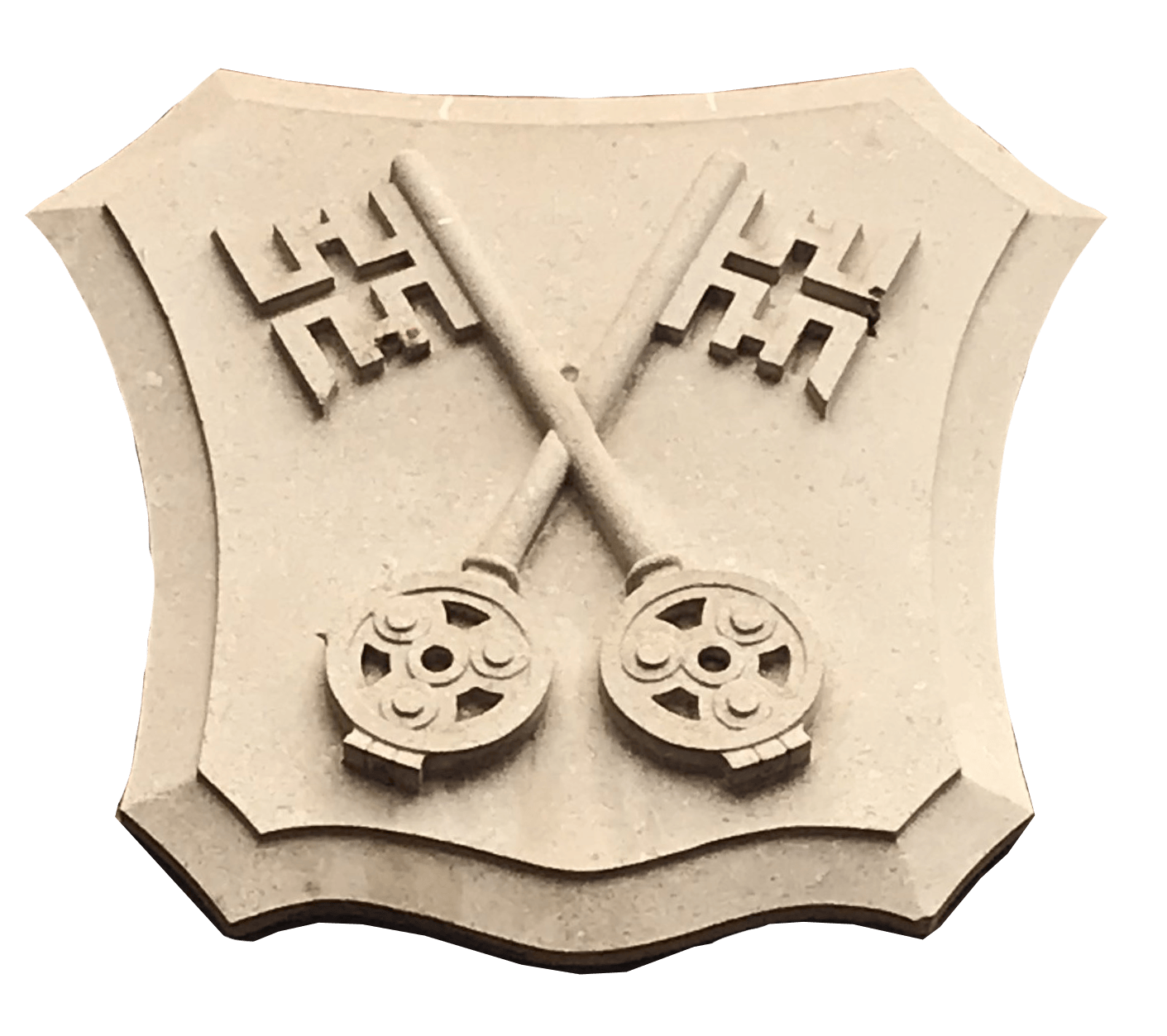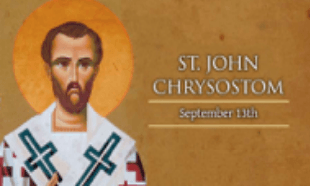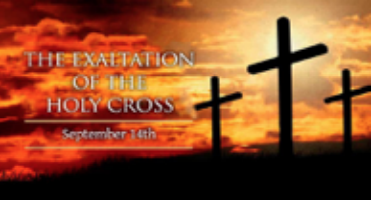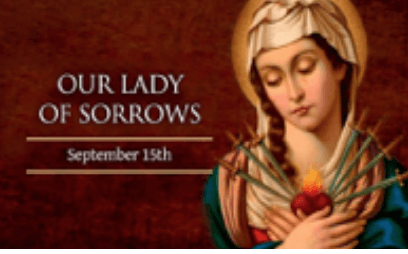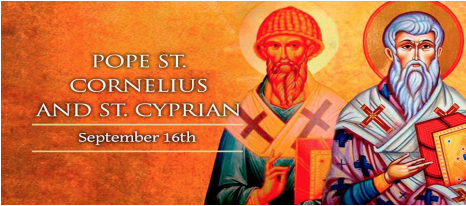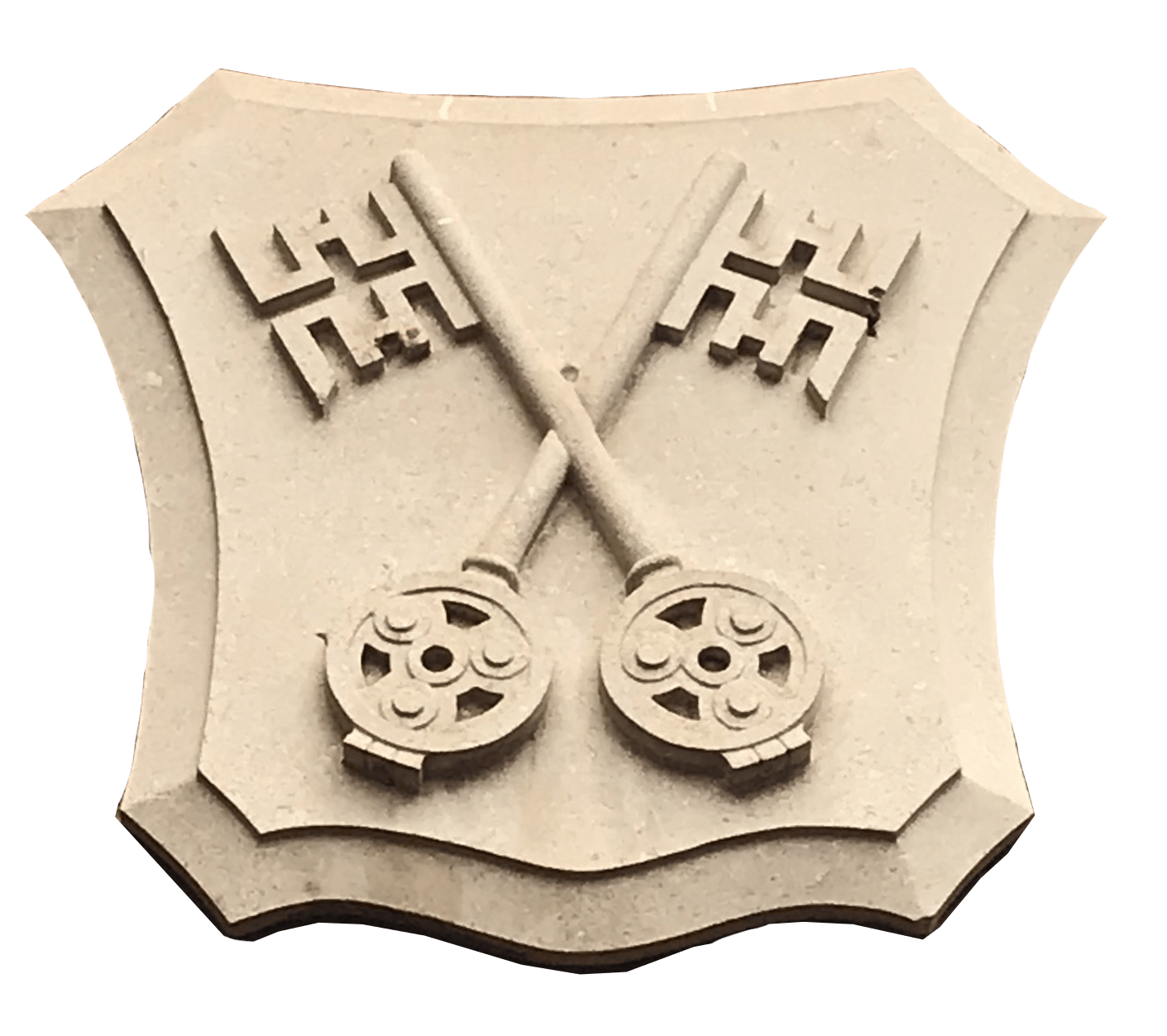Reflections on the Daily Readings 13th September 2021
Monday 13th September
Preach often—use words when necessary
Glossophobia—fear of public speaking—is one of the most common forms of anxiety, affecting a sizeable portion of the population. Saint John Chrysostom was not a sufferer. His name means “goldenmouthed”—and was he ever. Renowned as a preacher, his sermons could last up to two hours. (Think about that the next time your pastor runs a bit long!) Few of us are that eloquent as speakers, but all of us are called to be witnesses to our faith in words and deeds. There’s no need to impress—let your actions speak for you. Never fear living your discipleship humbly and sharing what’s in your heart. The truth always speaks volumes.
Today's readings: 1 Timothy 2:1-8; Luke 7:1-10 .
“Say the word and let my servant be healed.”“Is it lawful to do good on the sabbath rather than to do evil, to save life rather than to destroy it?”
Tuesday 14th September
Lift high the cross
After ending Christian persecutions in 313, Constantine sent his mother, Helena, to the Holy Land where her team is said to have unearthed Christ’s tomb. Here, the Church of the Holy Sepulchre was built. Excavations also reportedly unearthed the three crosses of Mount Calvary, the wood of the “True Cross” being the instrument of Jesus’ Crucifixion and associated with miraculous healings. Whether it’s the crucifix, the Jerusalem cross, Maltese cross, Celtic cross—or countless others—no other symbol represents Christian faith better. And so we pray: “We adore you, O Christ, and we praise you, because by your holy cross you have redeemed the world.”
Today's readings: Numbers 21:4b-9; Philippians 2:6-11; John 3:13-17
“He humbled himself, becoming obedient to death, even death on a cross.”
Wednesday 15th September
She’s With Him
Being a strong companion or having great compassion is essential for discipleship. Mary had both. Notice the “com-” prefix of those qualities, which means “with.” Under the title Our Lady of Sorrows, Mary is the first witness of the church and stood with Jesus through his pain and glory— his life, death, and Resurrection. The church uses “sorrows” here not so that we would be sad and weighed down but to lift up what it means to really be “with” another person and to share deeply their joy and sorrow. Mary continues to stand alongside us. How do you experience Mary’s companionship and compassion in your own life?
Today's readings: 1 Timothy 3:14-16 John 19:25-27 or Luke 2:33-35 (639).
“Woman, behold, your son.”
Thursday 16th September
The cost of discipleship can be high
Saints Cornelius and Cyprian were friends during the 200s, a period when Christians were persecuted by the Roman Empire. Today a number of countries continue to oppress, harass, and even kill Christians. There is pressure today, as there was in the era of the early martyrs, to deny the faith in order to survive. With Cornelius and Cyprian in mind, stand in solidarity with courageous Christians everywhere. Learn what their needs are and how the worldwide church can help.
Today's readings: 1 Timothy 4:12-16; Luke 7:36-50
“[Jesus] said to the woman, ‘Your faith has saved you; go in peace.’”
Friday 17th September
Listen to your doctors
Jesus’ ministry was simple: He went from town to town telling people that they were loved. The mantle, picked up by the doctors of the church, including those we honor today, was to interpret Jesus’ message for subsequent generations. Saint Robert Bellarmine’s Catechism clarified the Catholic understanding of faith and reason, and Saint Hildegard of Bingen’s songs, such as “O virtus sapientie,” helped unlock the mysteries of Divine Love and the Trinity. The Good News is meant for you. Find a way to hear it.
Today's readings: 1 Timothy 6:2c-12; Luke 8:1-3.
"Jesus journeyed from one town and village to another, preaching and proclaiming the good news of the Kingdom of God."
Saturday 18th September
Take the lesson to heart
On the eve of Catechetical Sunday, it’s good to reflect on our task of teaching the next generation matters of the Spirit. One comment heard too often when bad things happen is that “God must have a reason for doing this.” Or, “It must be God’s will.” Looking at the biblical testimony, however, leads to the realization that most of the bad things that happen are not God’s will at all but the work of sinful people. God says, “Feed the hungry” and children starve. God says, “Do not kill” and people murder. Let’s teach our kids what’s on God, and what’s on us.
Today's readings: 1 Timothy 6:13-16; Luke 8:4-15.
“[T]he Devil comes and takes away the word from their hearts.”
